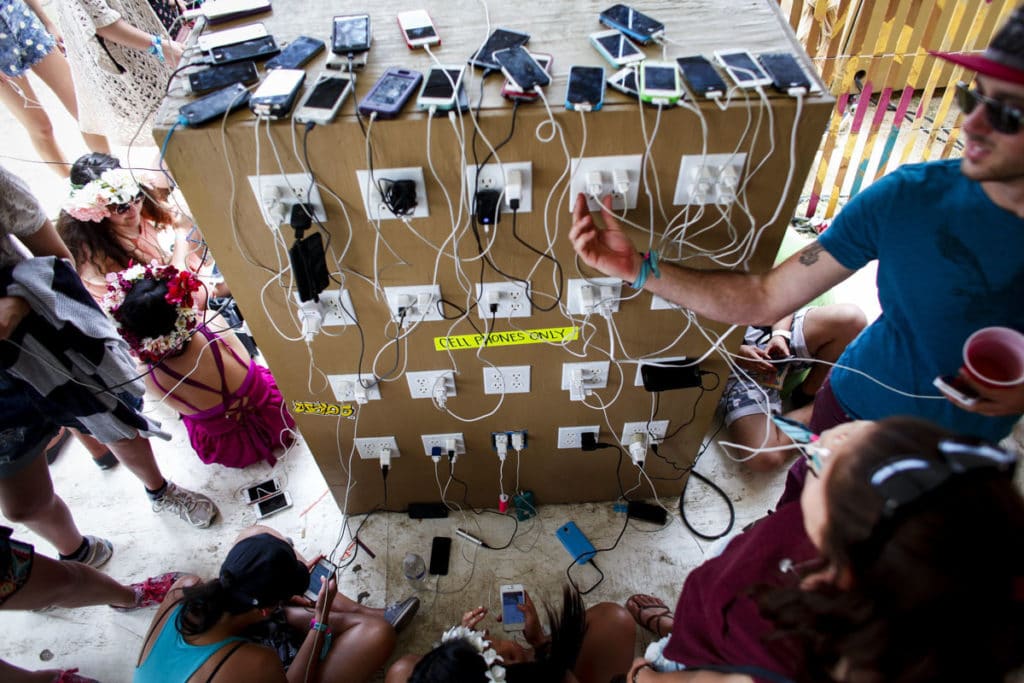We’ve all seen it before. We’ve all been there ourselves.
You walk into a public setting like a library, a coffee shop, an airport or even McDonald’s and see people scurrying to find the closest outlet – not for their laptops but for their cellphones.
Some give up perfectly good seats to sit on the floor next to the device while others stand by their slowly charging phones as if their device was just admitted to the hospital in critical condition.
Well, new technology developed at Nanyang Technological University (NTU Singapore) could finally get us off the wall and away from the outlets.
Scientists have developed a battery that charges up to 70 percent in a mere two minutes.
So while you still may find yourself looking for an outlet every now and then, you’ll only have to baby-sit your beloved cellphone for two minutes before you’re ready to return to your plans for the day.
In addition to being able to charge incredibly fast, the new battery is expected to have a lifespan far more impressive than the average battery that’s out right now.
According to Science Daily, this battery has the potential to be recharged and reused for up to 20 years – but who really keeps a phone for 20 years these days anyway?
What that longer lifespan will have a major impact on, however, will be electric cars.
That’s right. In addition to putting a halt to our desperate search for outlets, the battery could also drastically reduce our carbon footprint.
Science Daily reports that electric cars typically take about four hours to charge.
Scientists predict that the new battery means cars could charge 20 times faster than possible with the current technology on the market.
If the battery is successfully used in electric cars, people could be charging up their vehicles in only 15 minutes.
The sad news here is that the electric car industry seems much more interested in the battery than the mobile device industry – meaning it could still be quite some time before this technology is even utilized in cellphones and tablets.
Associate professor Chen Xiodong, the man responsible for the nanostructure that allows for ultra-fast charging, remains optimistic about when the battery will hit the market.
Chen believes the battery will at least make its way into electric cars in only two years.
There still may be one catch, however.
Despite a detailed press release about the battery’s functions and specifics, there was no mention of how long the battery will hold that two-minute charge.
In other words, it’s possible that the 70 percent charge could offer much less time between recharging and drivers may be forced to make more frequent stops to charge their electric vehicles.
If that’s the case, the great outlet race may not actually be coming to an end any time soon and our carbon footprint may not be on the brink of getting cut down to a more reasonable size.

